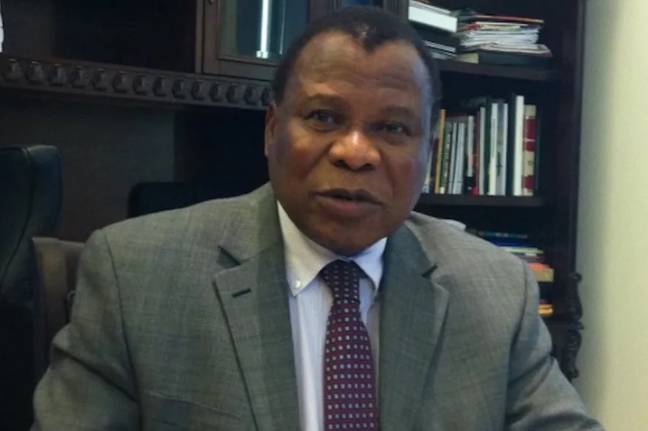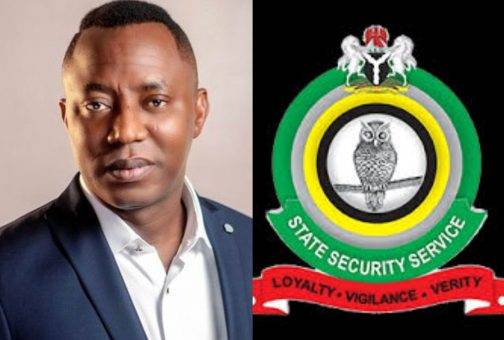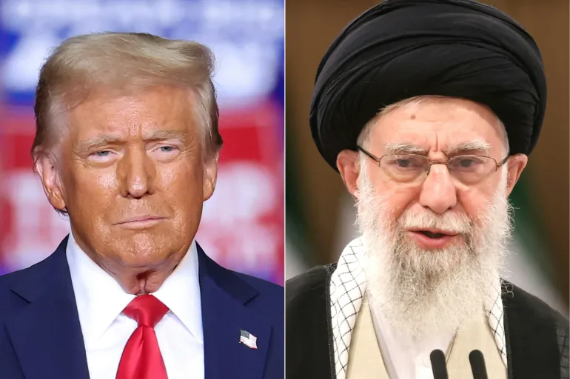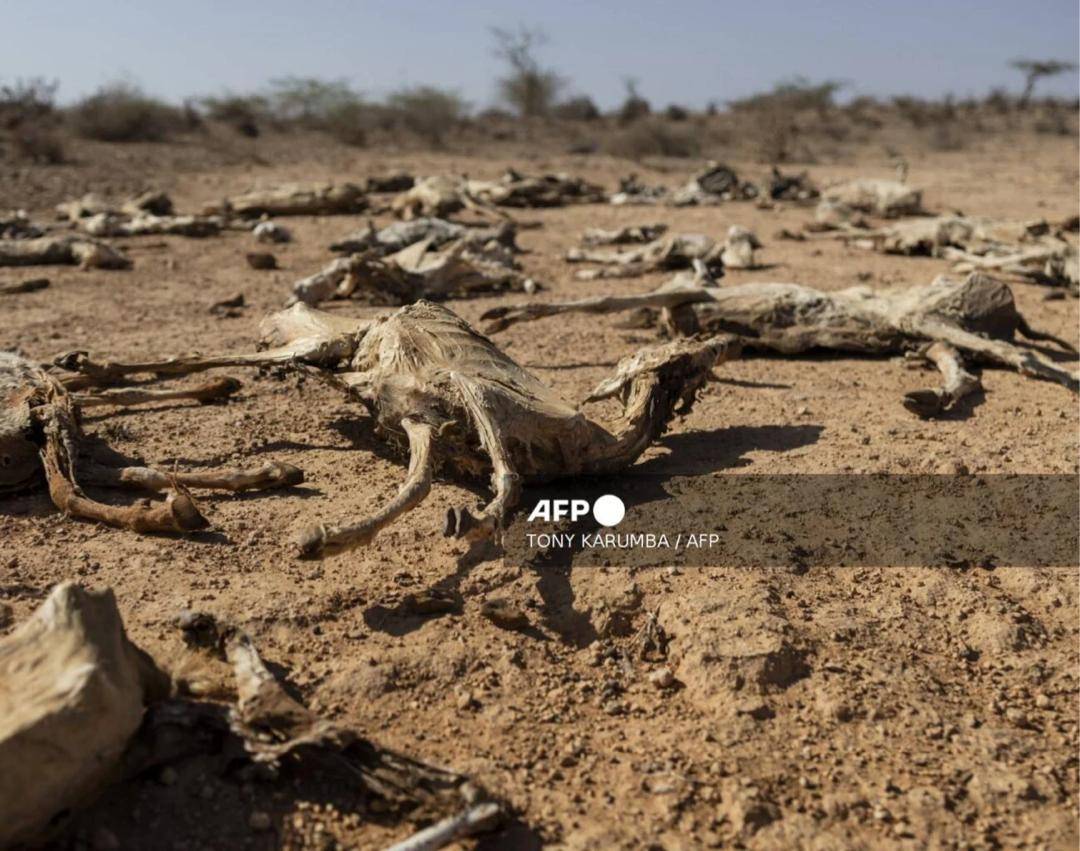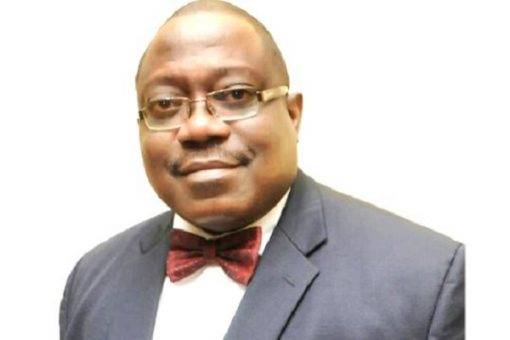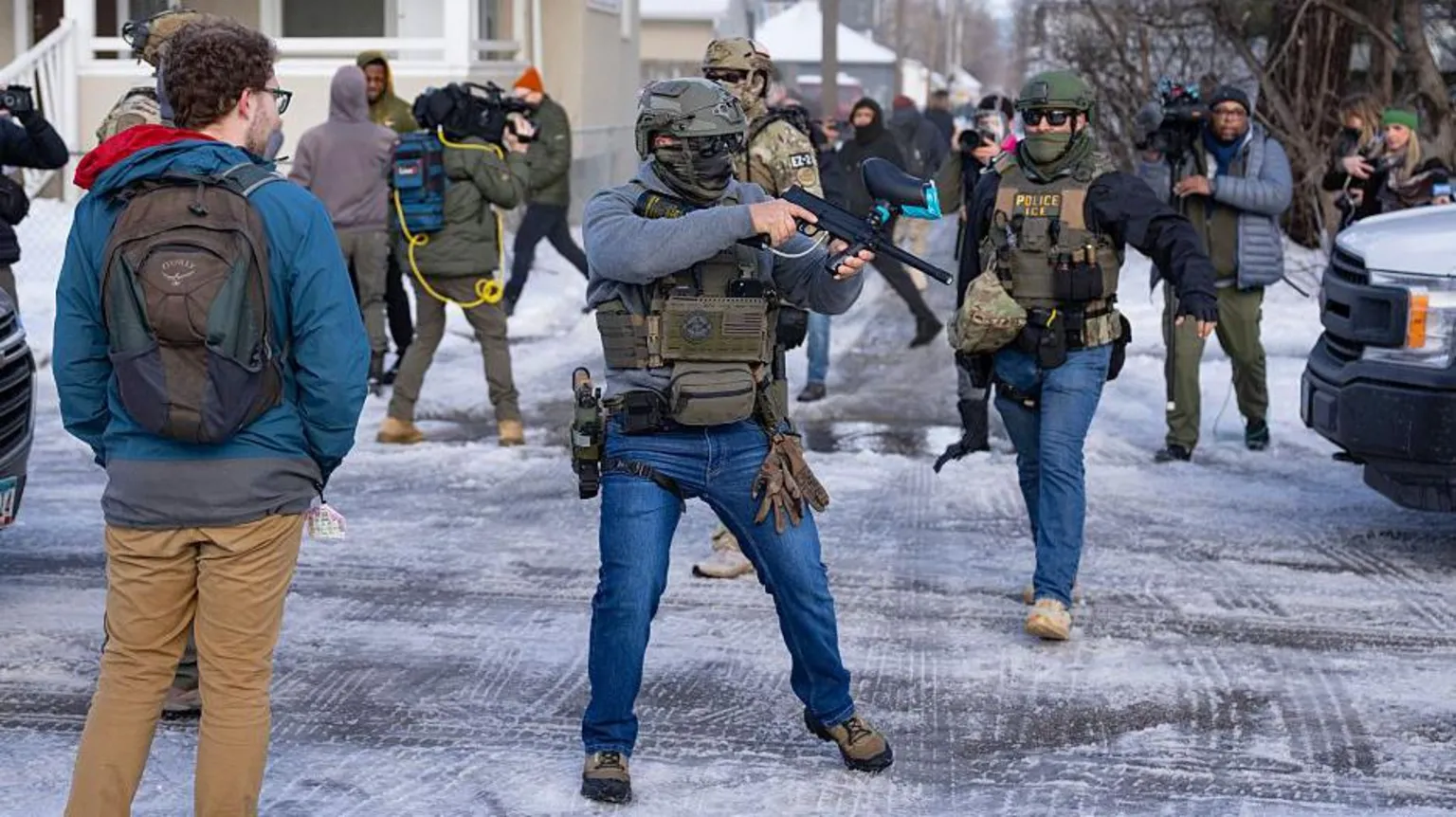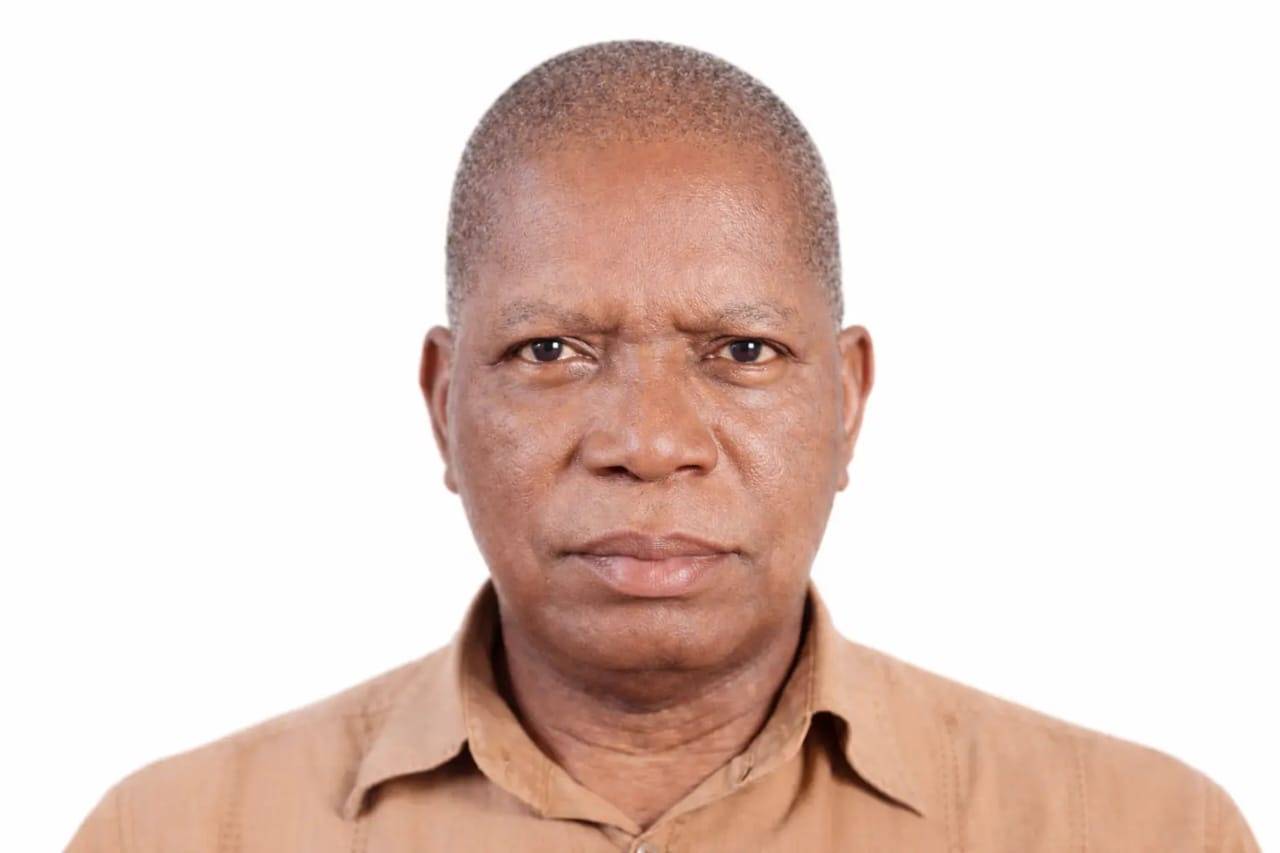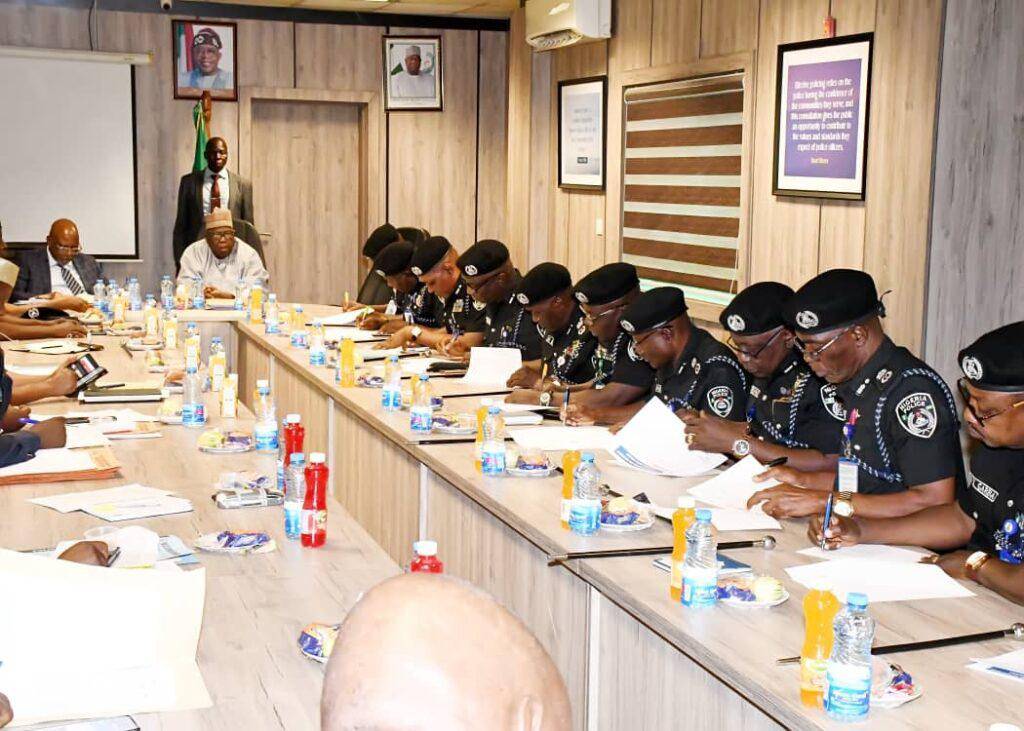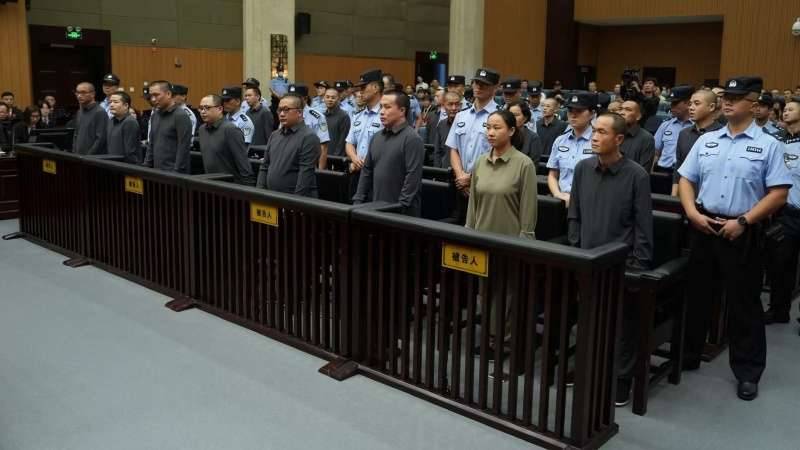In this report, Tokunbo Adedoja pays tribute to former Nigerian Ambassador to the United States of America, Prof. Adebowale Ibidapo Adefuye, who died 10 years ago.
Ten years ago today, Nigeria lost one of its most accomplished diplomats, scholars, and patriots – a man whose practice of diplomacy stood as a model of intelligence, discretion and tact, and commitment to nationhood. Professor Adebowale Ibidapo Adefuye lived a life defined by dedication and steadfastness. He was a defender of Nigeria’ image, a tireless advocate for Nigeria’s leadership in Africa and on the global scene, and a respected scholar.
One of the highlights of his career as a diplomat was his service as Nigeria’s Ambassador to the United States from 2010 to 2015, following his appointment by President Umaru Musa Yar’Adua.
As THISDAY New York Bureau Chief, I witnessed firsthand Adefuye’s patriotic drive to elevate Nigeria–US relations, and his remarkable ability to navigate the delicate art of diplomacy.
Adefuye took office at a time of strained relations between Nigeria and the United States, heightened by terrorist threats. The failed Christmas Day 2009 attempt to bomb a Northwest Flight from Amsterdam by the ‘underwear bomber’, Umar Farouk Abdulmutallab, a young Nigerian, had cast Nigeria in negative light in the US and placed it on US Terror Watch list as a ‘country of interest’. Its nationals were subjected to more vigorous security checks at US airports.
Adefuye’s arrival in Washington marked a turning point. Through strategic engagement and deft negotiation, he secured Nigeria’s removal from that list within months, a milestone achievement in bilateral relations.
Soon after, on April 6, 2010, came another breakthrough: the signing of the historic US–Nigeria Bi-National Commission Agreement. The agreement, signed at the Treaty Room of the Department of State by the then US Secretary of States Hillary Clinton and the then Nigerian Secretary to the Government of the Federation, Yayale Ahmed, focused on four key areas: Good governance and transparency; regional cooperation and development; energy reform and investment; and food security and agricultural development.
Adefuye pursued the goals of the BNC with great energy and unwavering determination. He spearheaded various Nigerian trade delegations and roadshows in US, and facilitated the signing of MoUs between Nigeria and institutions such as the EXIM Bank of the United States.
Under his stewardship, the embassy provided needed support to Nigerian businesses seeking investment opportunities in the US, and facilitated investment forums where Nigerian governors and business leaders engaged with American investors.
Adefuye’s influence extended well beyond embassy walls. He positioned Nigeria as a rallying point for African diplomacy in Washington. With his uncommon mastery of diplomacy, he made Nigerian embassy at 3519 International Court NW Washington DC, a beehive of activities for US-based Nigerians, Nigerian officials and business leaders visiting the US, and American diplomats who had a stint in Nigeria.
His engagement with top officials of the Department of State was robust, including the then Assistant Secretary of State in Charge of African Affairs, Ambassador Johnnie Carson, who attended major Nigerian events organized by the Council on Foreign Relations (CFR), and the Corporate Council on Africa (CCA).
Adefuye facilitated high-level meetings between top Nigerian and US officials in Washington, including Oval Office meetings at the White House between President Barack Obama and President Goodluck Jonathan, and later between President Donald Trump and President Muhammadu Buhari.
His stewardship also witnessed the transfer to Nigeria of USCGC Chase (WHEC-718), a Hamilton-class high-endurance cutter of the US Coast Guard, rechristened NNS Thunder – which remains one of Nigerian navy’s most significant assets.
Adefuye elevated Nigeria’s voice on foreign policy, particularly African issues. He championed diaspora engagement, encouraged Nigerians in the US to remain connected to their homeland, and helped lay the foundation for enduring cooperation through the bilateral commission.
A thoroughbred intellectual and diplomat, he wrote articles in the media, gave lectures and spoke up whenever possible to project the image and interest of Nigeria. He was a prolific writer and orator – two innate endowments he deployed to the service of the nation.
Adefuye was also reporters’ delight – always willing to respond to enquiries and consistently ensured reporters were kept abreast of the activities of the embassy. THISDAY was his favorite newspaper, and he contributed well researched articles occasionally as a guest columnist in THISDAY. Those articles were written solely to promote Nigeria to the United States and to the world at large.
Before his US posting, Adefuye’s career had spanned multiple continents and roles. He was Nigerian High Commissioner to Jamaica (with concurrent accreditation to Belize and Haiti, 1987–1991), Deputy High Commissioner in London (1991–1994), Deputy Director of Strategic Planning at the Commonwealth Secretariat (1994–2008), Commonwealth Peace Envoy to Africa and the Pacific, and Special Adviser to ECOWAS (2008–2010). In Jamaica, he left a lasting legacy of promoting Nigerian interests and helping to introduce African history into the school curriculum.
An academic at heart, Adefuye earned his Ph.D in History from the University of Ibadan in 1973. He was a Fulbright Scholar at Columbia University, University of North Florida, and the University of Florida. He taught at the University of Lagos, at the start of his academic career, rising to become a Professor of History and Head of Department of History from 1985 to 1987.
A prolific researcher, he authored influential works including History of the Peoples of Lagos State (1987), and Culture and Foreign Policy: The Nigerian Example (1993), which continues to inform debates on cultural diplomacy and soft power.
His intellectual legacy endures, memorialized in volumes such as History and Diplomacy: Essays in Honour of Ade Adefuye (2018), reflecting the esteem in which colleagues and students held him.
Beyond his professional life, Adefuye was a devoted husband to his wife, Shola, a loving father to Bunmi, Tolu, and Baba, and had been blessed with beautiful grandchildren after his departure.
Adefuye was a diplomat’s diplomat. He served Nigeria with integrity and honesty; and strengthened the ties between Nigeria and the US. Nigeria and Nigerians have continued to reap the fruit of those momentous five years as ambassador to the United States.
His passing on August 27, 2015, at the age of 68 – just days before he was to return home after completing his tour of duty – came as a profound shock. The heartfelt tributes offered by a wide range of people, including eminent Nigerians, American and African diplomats, during the service in his honour at the Nigerian Embassy in Washington, the Wake Keep at Harbour Point, Victoria Island, Lagos, and the funeral service at Christ Church Cathedral, Marina, Lagos, stood as powerful testaments to a life dedicated to service.
He believed deeply in the promise of a new Nigeria, one where things could work if people applied themselves with courage and conviction.
A decade after his passing, his legacies in diplomacy and scholarship continue to inspire. His life reminds us that leadership is service, and that one person’s dedication can reshape the destiny of a nation.
I remember him today, not just for what he achieved, but for the hope he embodied – the hope of a greater Nigeria that will be the pride of all Africans.
Rest in peace eternally, Ambassador Adebowale Adefuye.


